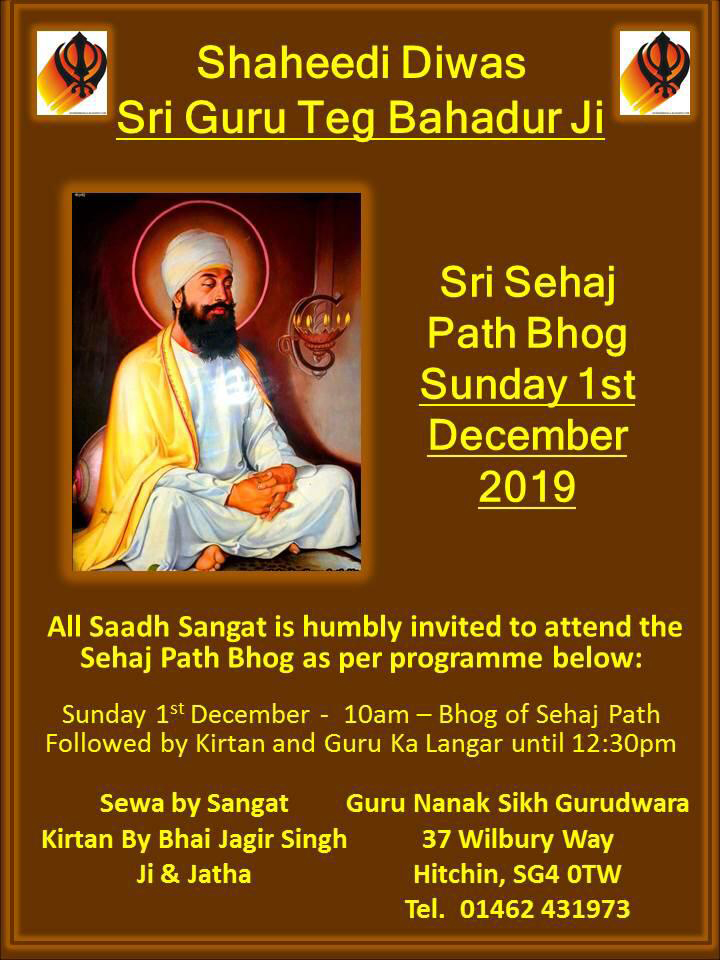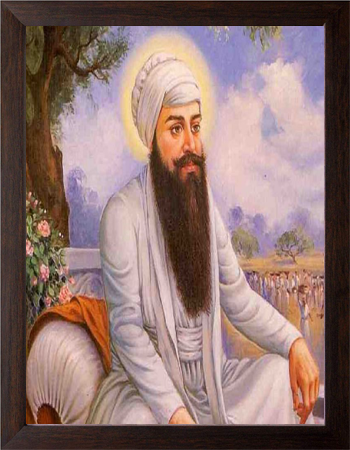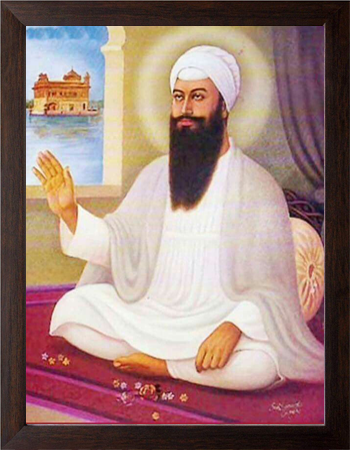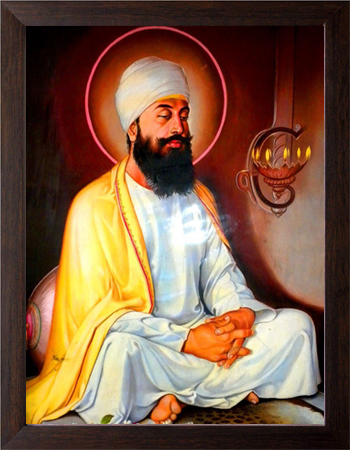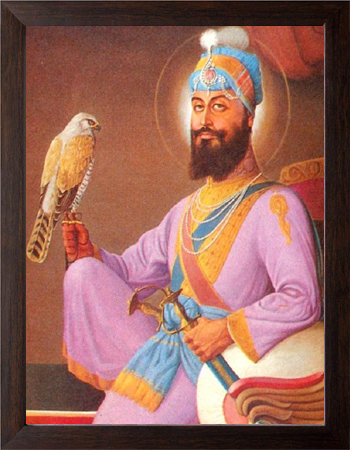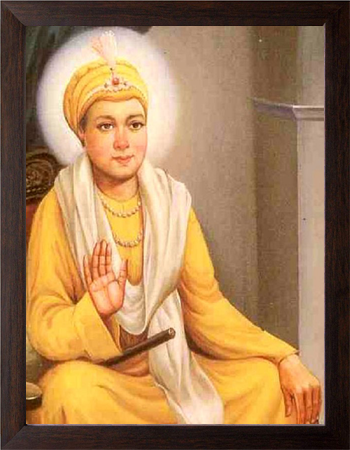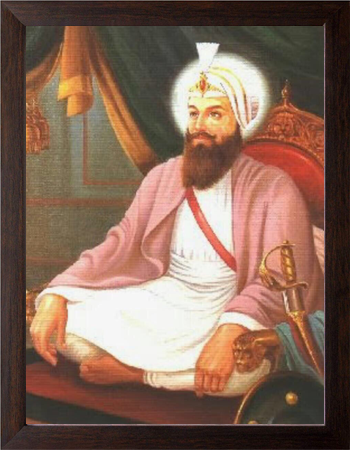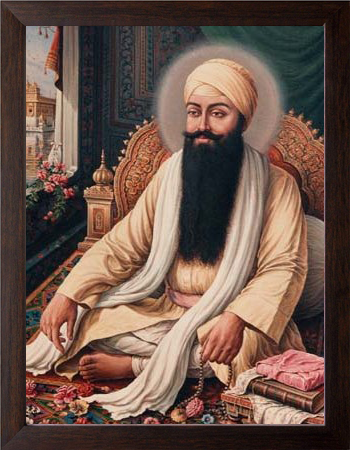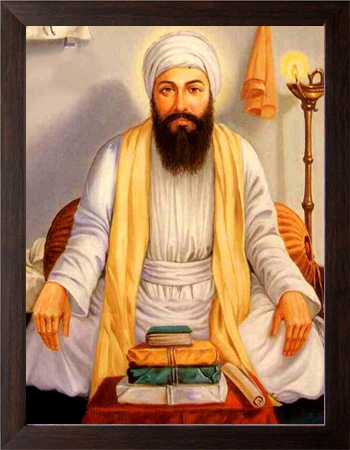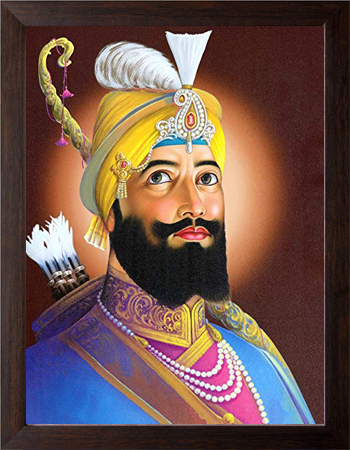The history of Sikhism started with Guru Nanak Dev Ji. He was the first Guru of the fifteenth century in the Punjab region in the northern part of the Indian subcontinent. The religious practices were formalised by Guru Gobind Singh Ji on 13 April 1699. The latter baptised five persons from different social backgrounds to form Khalsa (ਖ਼ਾਲਸਾ). The first five, Pure Ones, then baptised Gobind Singh ji into the Khalsa fold. This gives the order of Khalsa, a history of around 300 years.
The history of Sikhism is closely associated with the history of Punjab and the socio-political situation in 16th-century Northwestern Indian subcontinent. Since the Mughal rule of India by Emperor Jahangir (1605-1707), Sikhism was in conflict with its laws, because they were affecting political successions of Mughals while cherishing saints from Islam.
Many prominent Sikhs were killed by Mughal rulers for refusing to their orders, and for opposing the persecution of Sikhs Of total 10 Sikh gurus, two gurus themselves were tortured and executed(Guru Arjan Dev and Guru Tegh Bahadur),and close kins of several gurus brutally killed (such as the 6- and 9-year old sons of Guru Gobind Singh), along with numerous other main revered figures of Sikhism were tortured and killed (such as Banda Bahadur, Bhai Mati Das, Bhai Sati Das and Bhai Dayala), by Mughal rulers for refusing to their orders, and for opposing the persecution of Sikhs and Hindus.
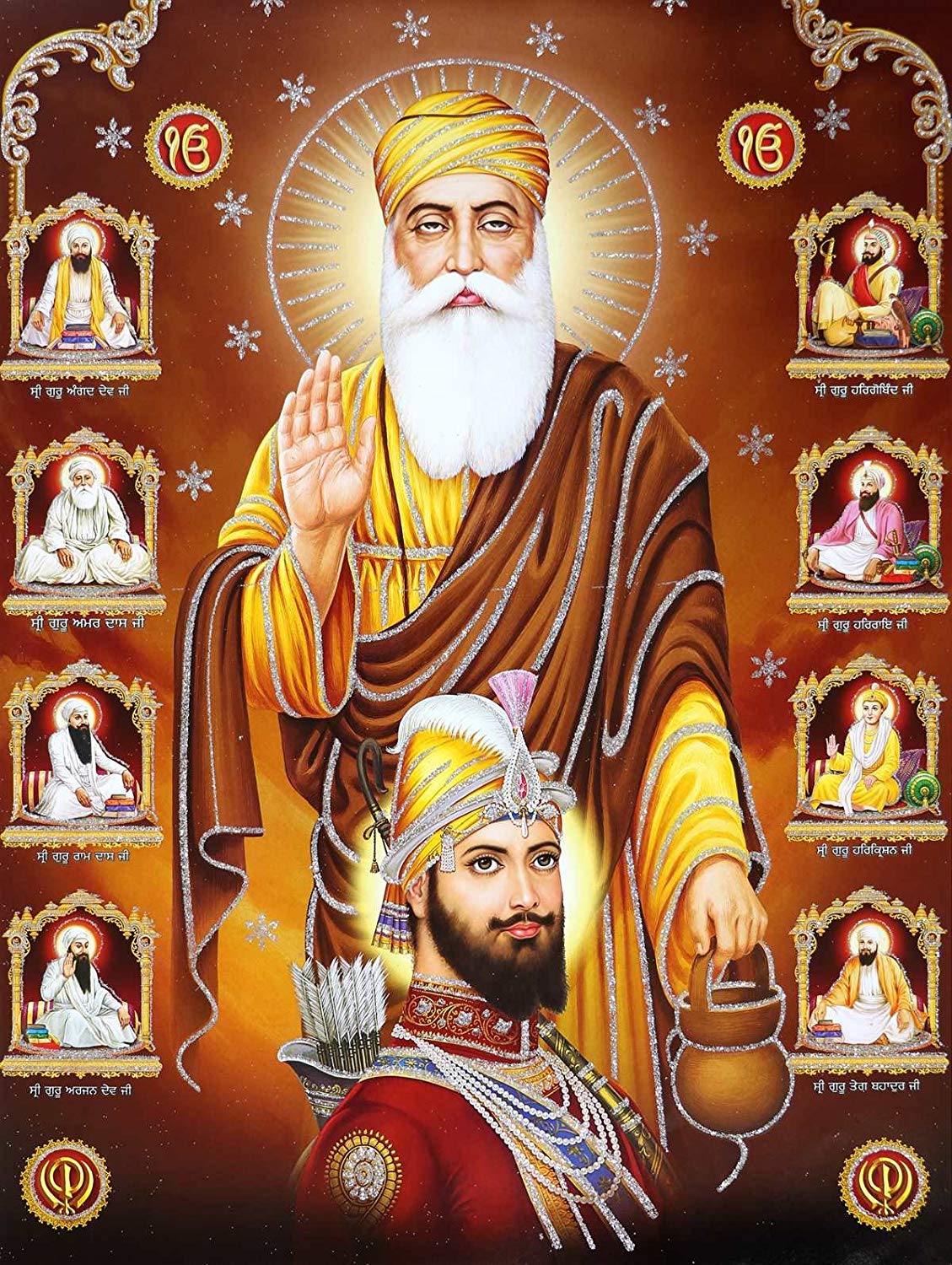
Events
